(CLO) Although it cannot completely replace human work, AI tools are assisting journalism by handling complex tasks, from big data analysis to information verification. Newsrooms in Nigeria are actively adopting AI tools for these purposes.
Exposing misinformation
The internet has created a vast and easily shared information environment, but it is also an ideal environment for misinformation to spread, especially on social media platforms, where misinformation spreads six times faster than accurate information.
Rumors and misinformation are also spreading through media outlets like radio. To combat this, in May, Dubawa, a fact-checking project in West Africa, launched a unique AI tool.
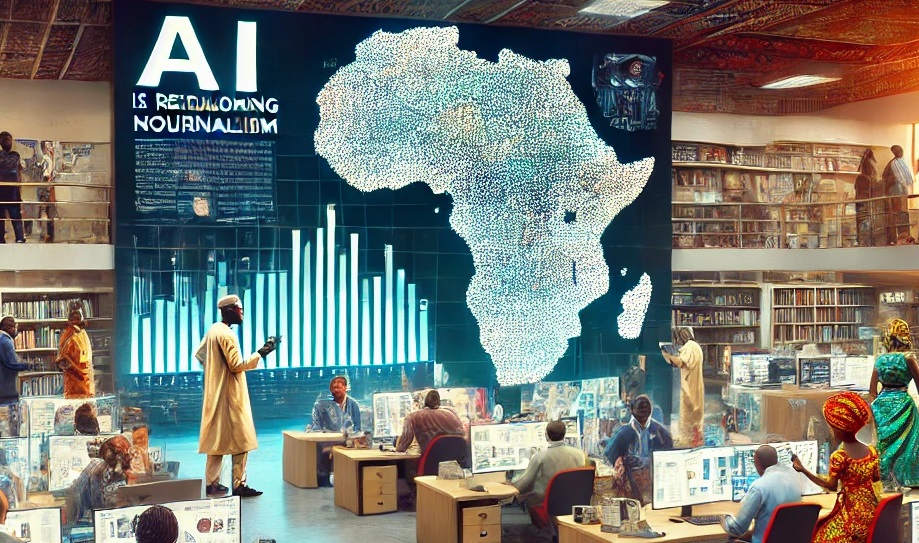
Illustration: AI
The Dubawa audio platform helps journalists monitor and verify false claims broadcast on radio, and converts local audio recordings into text, facilitating more efficient fact-checking.
Dubawa also developed an AI-powered chatbot on the WhatsApp platform, which helps users check the authenticity of information and provides references from reliable sources.
Used by thousands of people in Ghana and Nigeria, the tool has proven effective in reducing misinformation and raising public awareness about fact-checking.
Turn data into complete articles
In addition to fact-checking, AI is also helping Nigerian newsrooms turn big data into easy-to-understand and engaging articles. Dataphyte, a media and research organization in Nigeria, has developed Nubia, an open-source AI tool that helps journalists analyze data and transform it into articles.
Nubia provides a “first draft” that editors can use to improve and edit further. This saves time and increases efficiency in mining articles from data, such as this report on the electricity distribution sector in Nigeria.
However, some challenges also arise when using this AI tool. For example, some journalists have difficulty comparing data from different countries due to the limitations of the original datasets. Even so, Nubia is still a useful tool, helping to create detailed and in-depth reports from large datasets.
Training and understanding of AI tools
To encourage the use of AI in journalism, both Dubawa and Dataphyte have invested heavily in training. This year alone, Dataphyte has hosted more than 20 training sessions for media professionals, lecturers and students, while Dubawa has trained around 4,000 journalists in several African countries.
These training sessions not only help journalists understand how to use AI tools, but also address ethical issues in using technology in journalism.
Bernardo Motta, associate professor of journalism at Roger Williams University, said that journalism ethics needs to be included in training programs, because AI cannot completely replace humans in understanding and conveying humanistic articles.
Journalists need to know how to use AI tools intelligently and responsibly, and understand how data is collected and used to protect transparency and ethics in their work.
Hoai Phuong (according to IJNET, GIJN)
Source: https://www.congluan.vn/ai-trong-toa-soan-tu-phat-hien-thong-tin-sai-lech-radio-den-bien-du-lieu-thanh-bai-bao-post326810.html







![[Photo] Hanoi morning of October 1: Prolonged flooding, people wade to work](https://vphoto.vietnam.vn/thumb/1200x675/vietnam/resource/IMAGE/2025/10/1/189be28938e3493fa26b2938efa2059e)





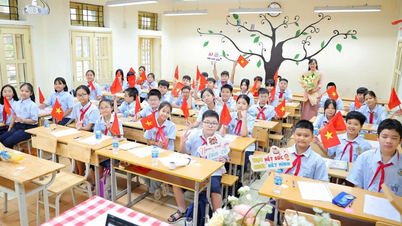























![[Photo] The 1st Congress of Phu Tho Provincial Party Committee, term 2025-2030](https://vphoto.vietnam.vn/thumb/1200x675/vietnam/resource/IMAGE/2025/9/30/1507da06216649bba8a1ce6251816820)
![[Photo] Panorama of the cable-stayed bridge, the final bottleneck of the Ben Luc-Long Thanh expressway](https://vphoto.vietnam.vn/thumb/1200x675/vietnam/resource/IMAGE/2025/9/30/391fdf21025541d6b2f092e49a17243f)
![[Photo] President Luong Cuong receives President of the Cuban National Assembly Esteban Lazo Hernandez](https://vphoto.vietnam.vn/thumb/1200x675/vietnam/resource/IMAGE/2025/9/30/4d38932911c24f6ea1936252bd5427fa)


























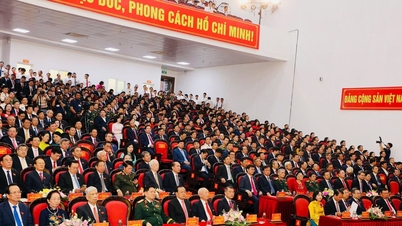
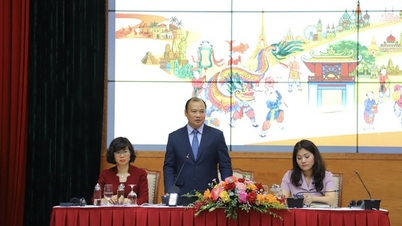






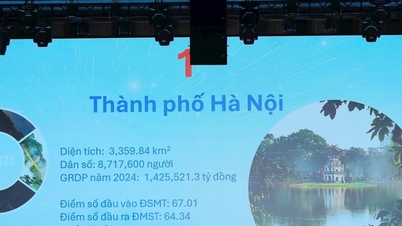

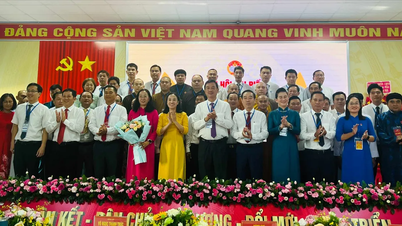























Comment (0)